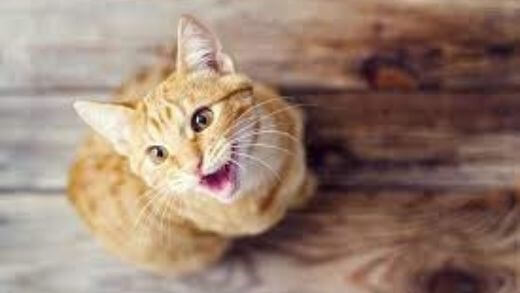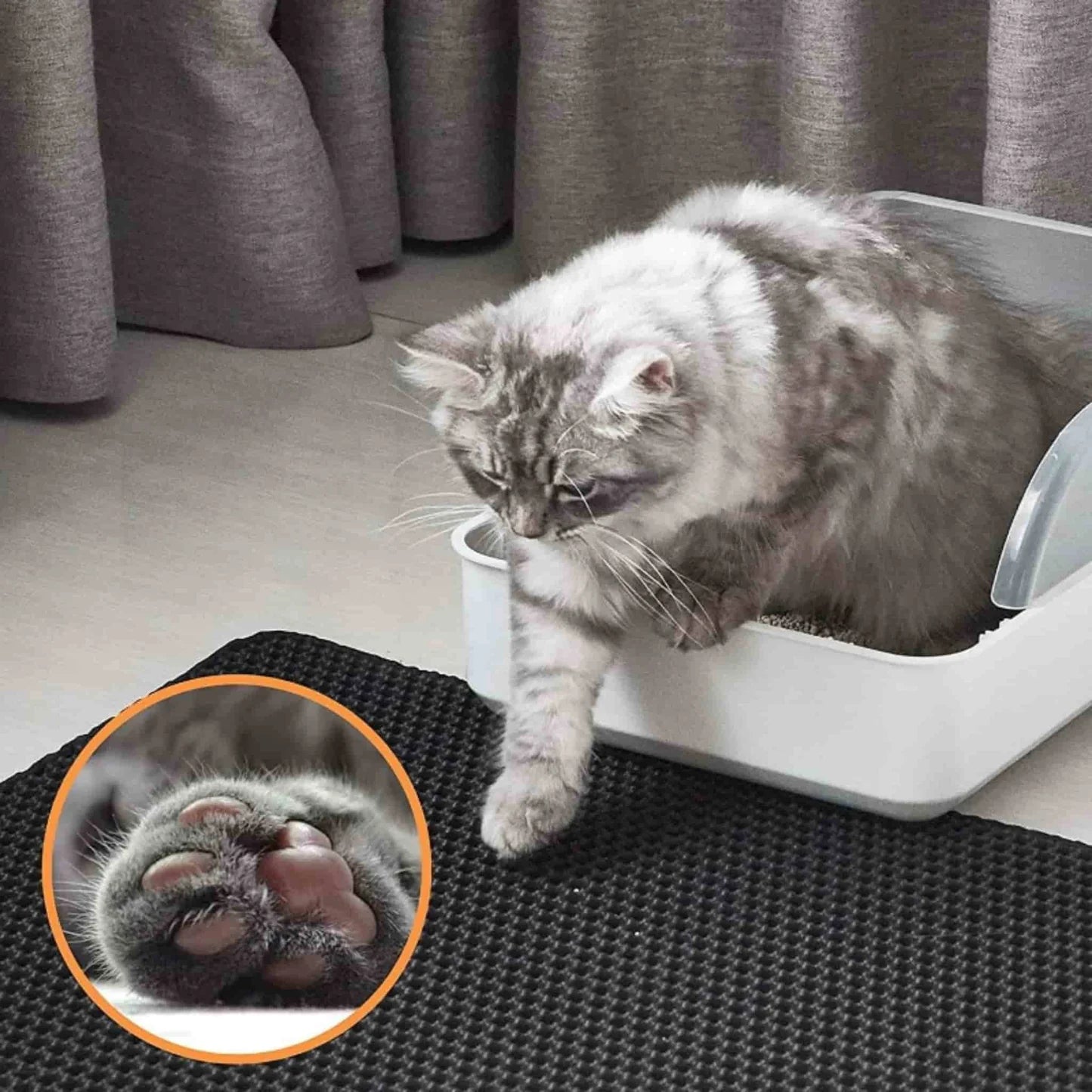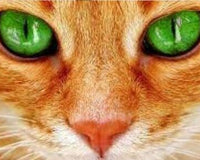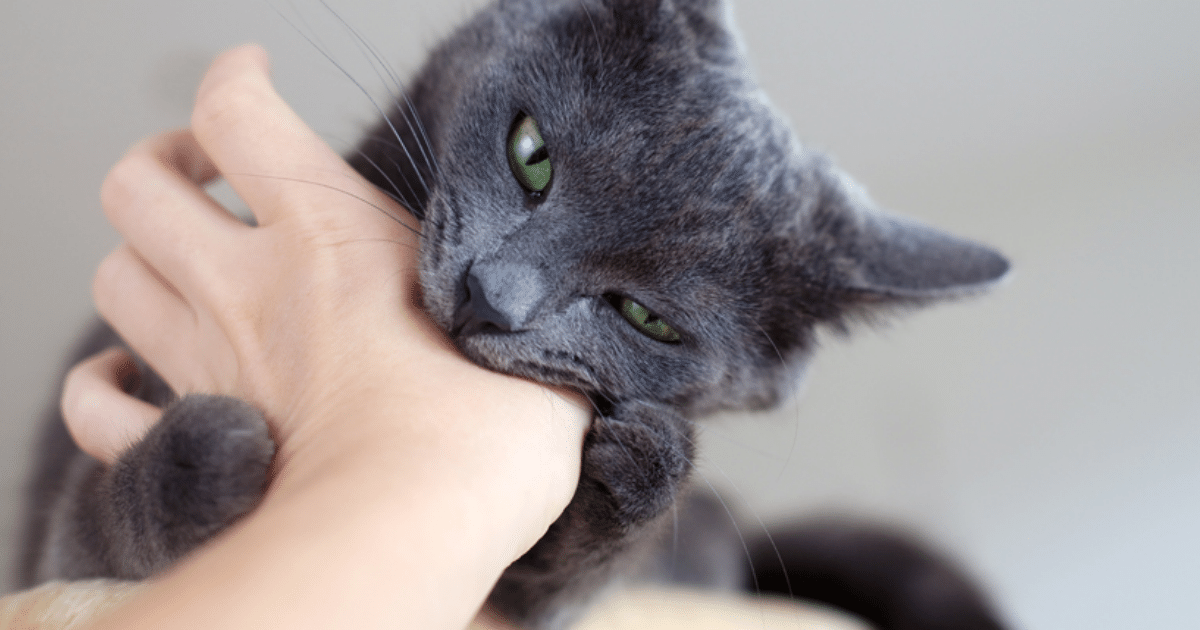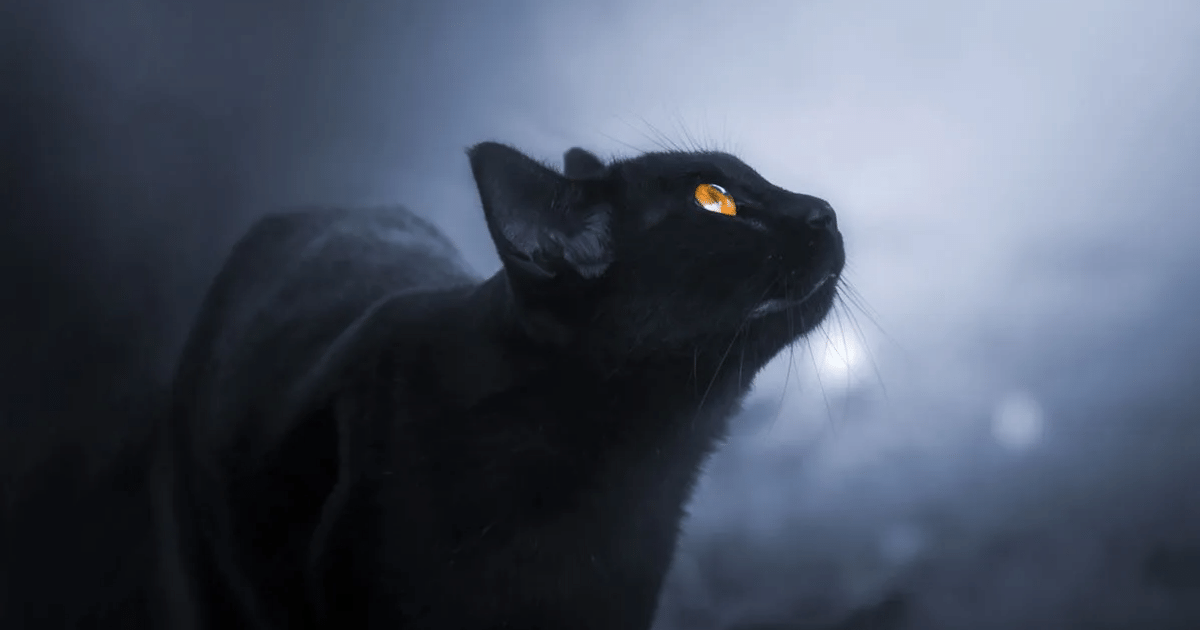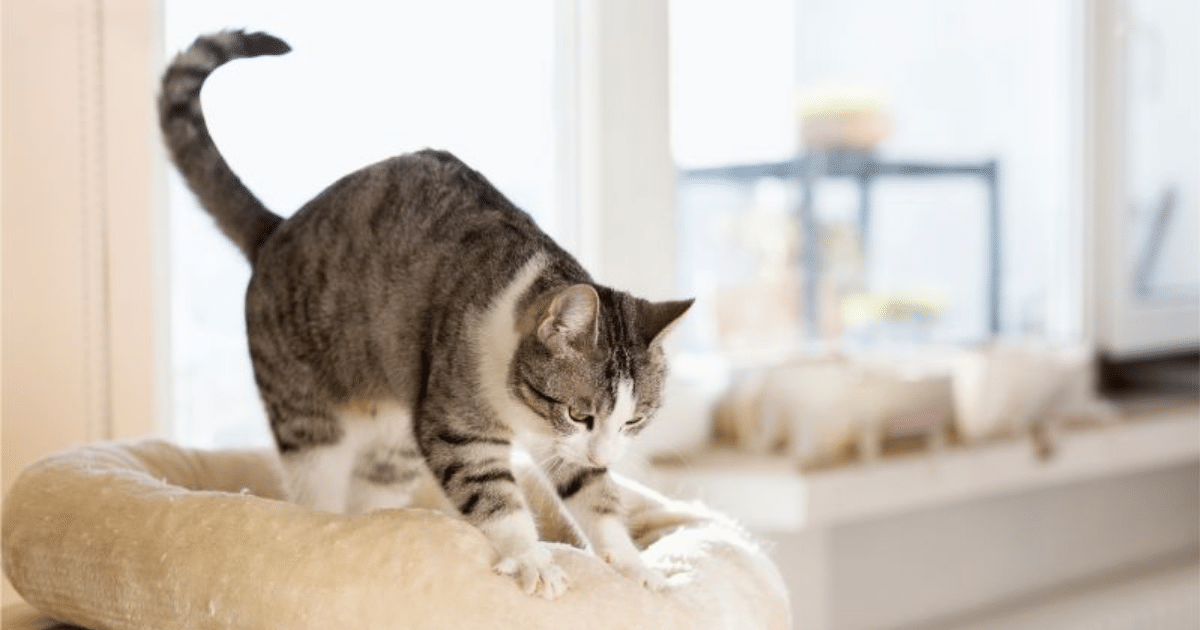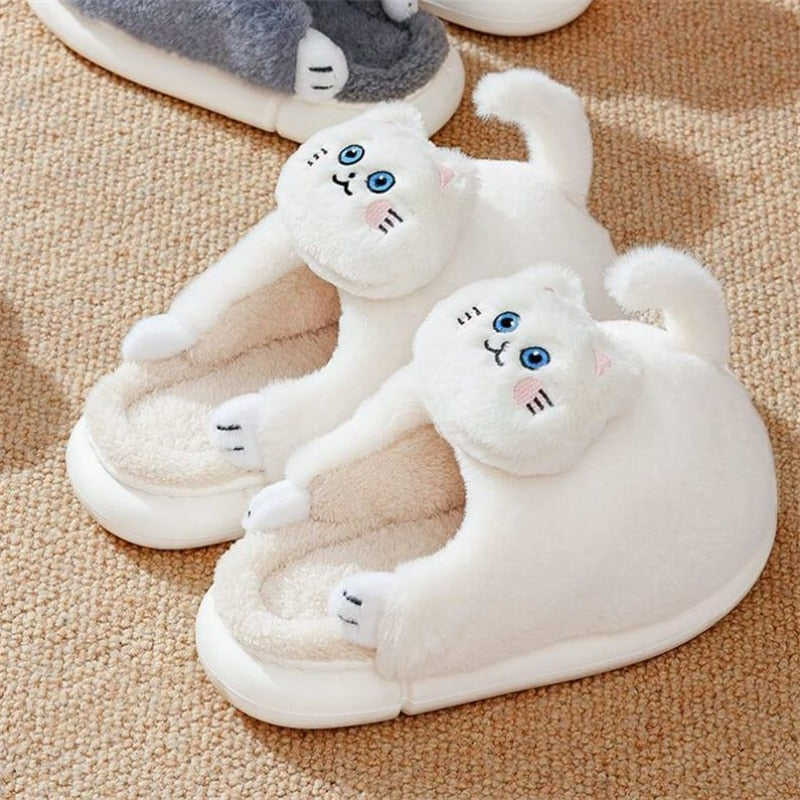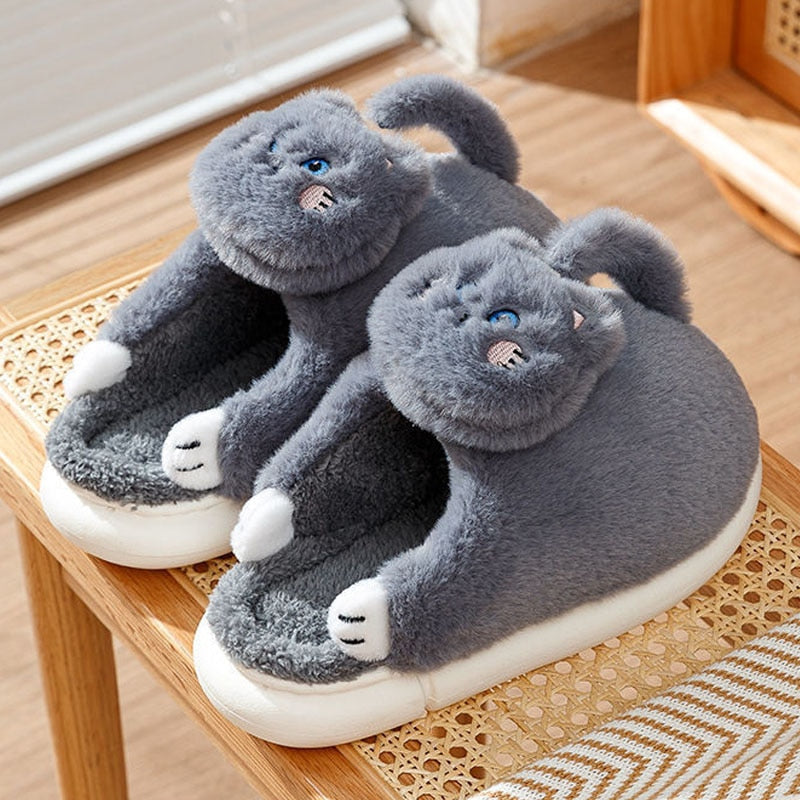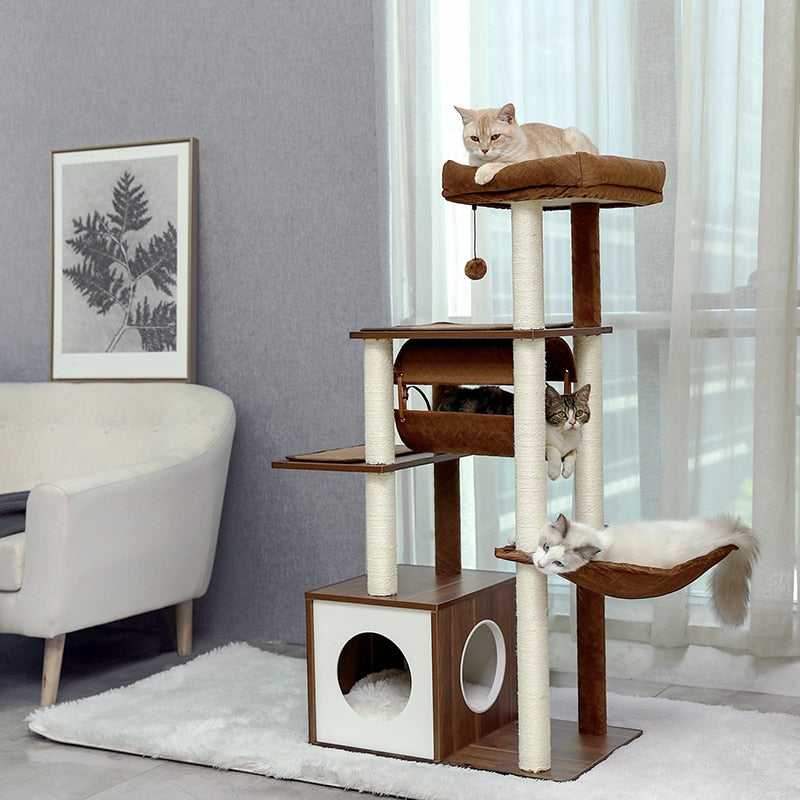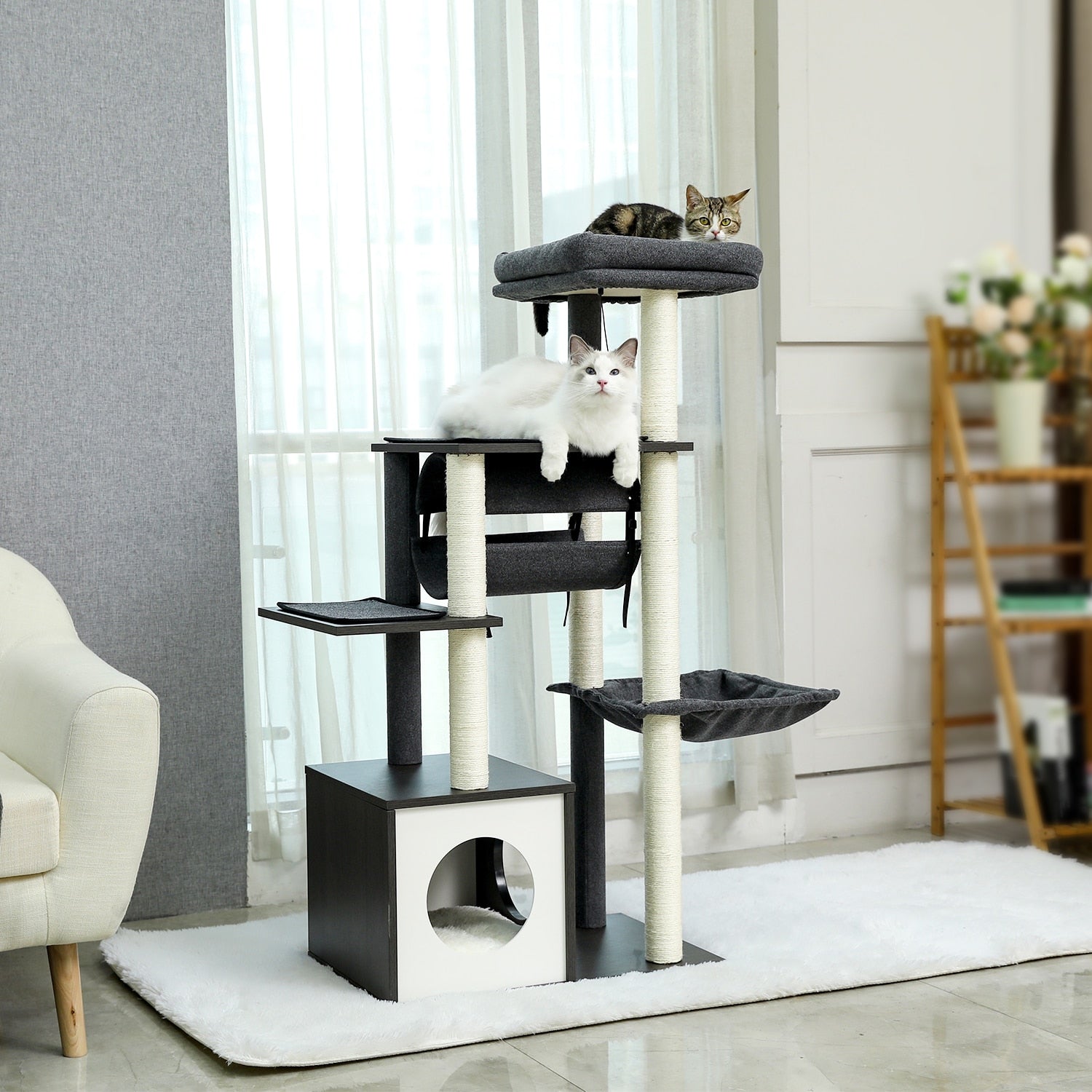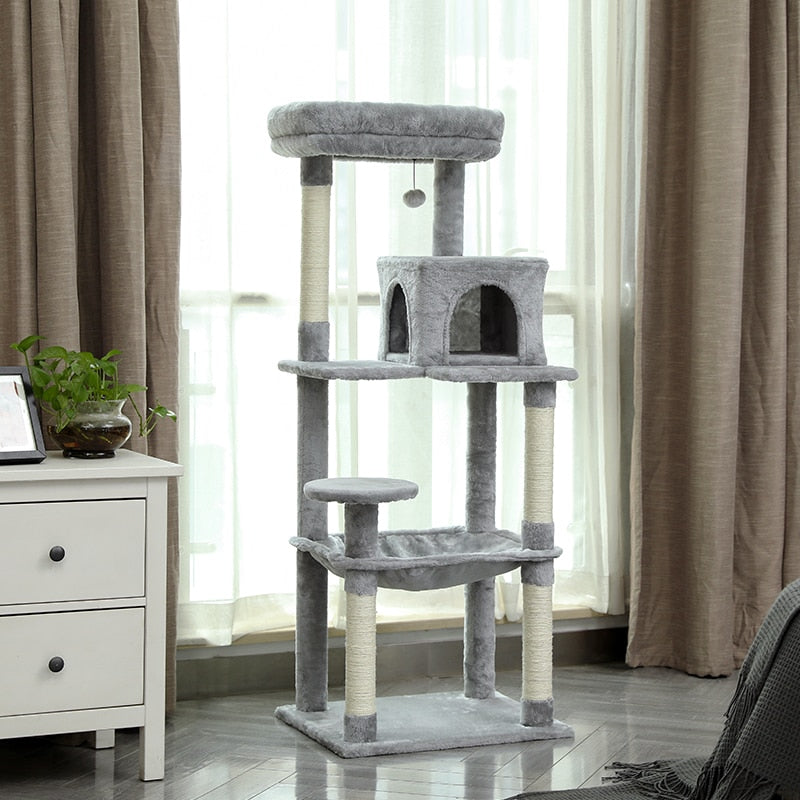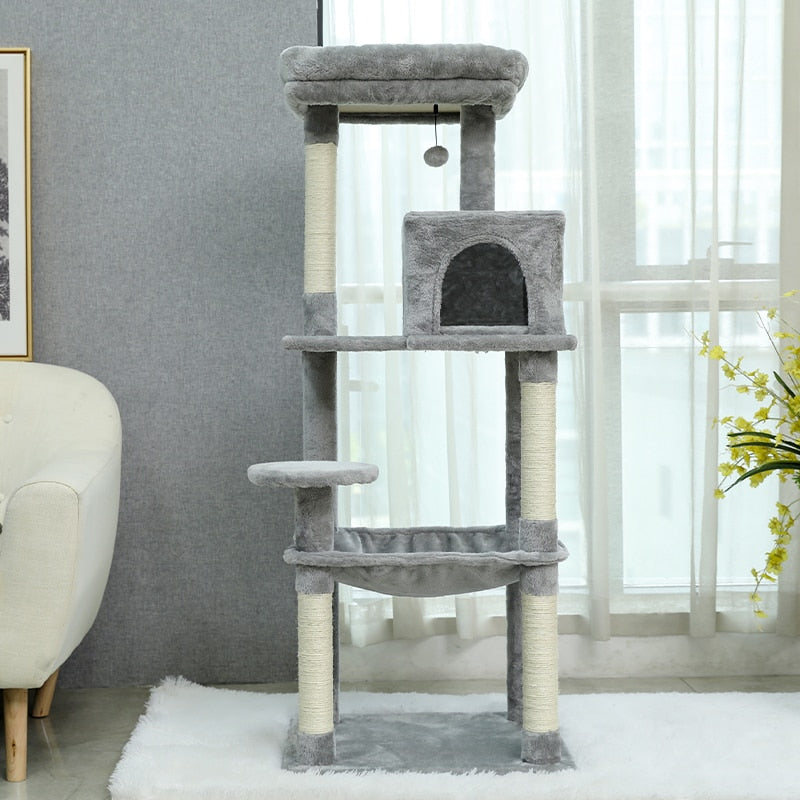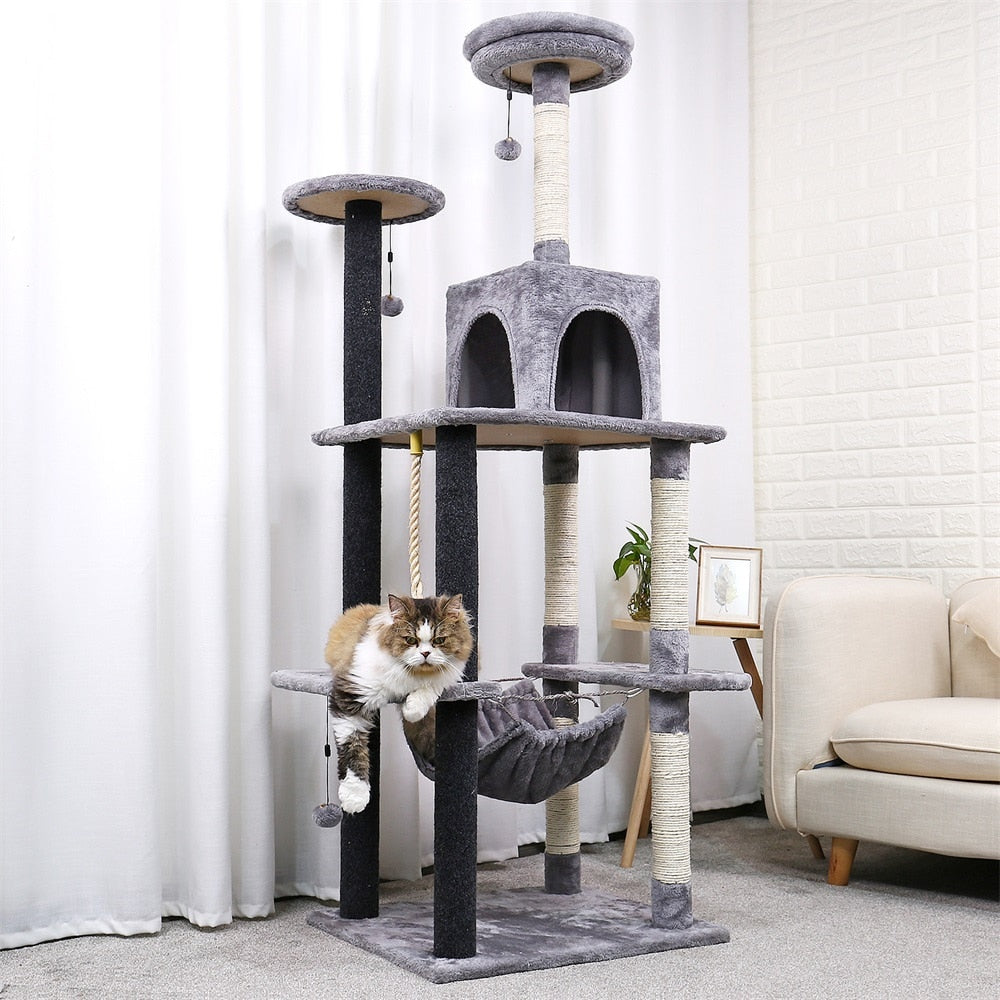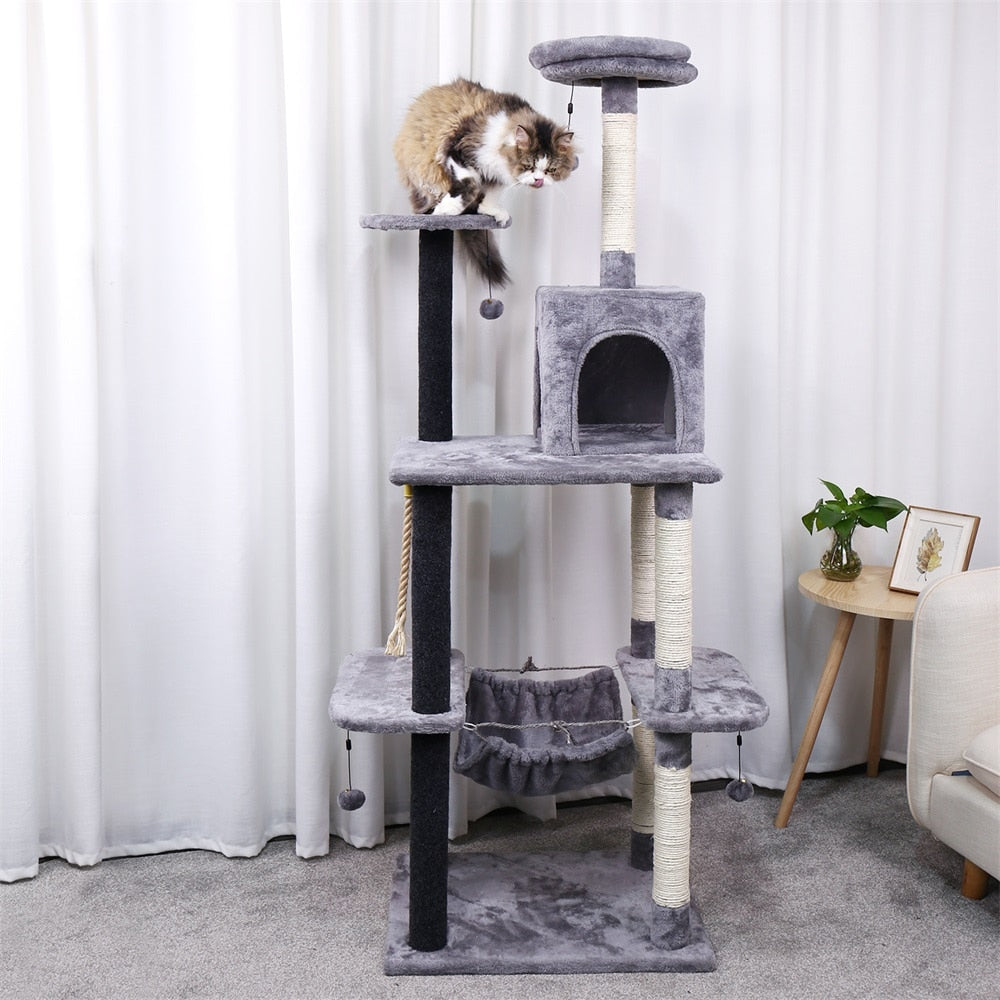Cat doesn't meow anymore and/or meows strangely, is it serious?

It may happen during its lifetime that a cat experiences aphonia (loss of voice) or a change in the tone of its meows. These vocalization disorders are generally transient, even harmless. However…
A cat with a suddenly changing meow may be related to a fundamental problem that requires you to look a little more into the issue. Let's take a look at the possible explanations for the disturbances of meowing in your cat, as well as some tips to apply if your cat has stopped meowing or seems hoarse.
Why is my cat not meowing or looking hoarse? 5 Possible Reasons
If you notice that your cat who used to meow like any cat has suddenly stopped doing it or has a hoarse or hoarse voice, there's bound to be something wrong. Here are 5 reasons that can help you understand the extinction or change of voice in your cat, including whether your cat is sick.
A foreign object is blocking its trachea
The extinction of meowing in your cat may be due to the presence of a foreign object in its airways.
It may be hairballs ingested by the latter while he was taking care of his toilet. They will generally lodge in the trachea, more specifically in the vocal cords and can not only cause inflammation, but especially disrupt the cat's meowing.
Laryngitis or angina
Meowing disorders in cats can also be caused by certain conditions affecting the larynx (laryngeal pathologies) such as laryngitis or angina. Note that if your hairball suffers from these ailments, there is a high risk that it will have difficulty meowing or that its meows sound hoarse.
Of infectious origin, laryngitis generally results in inflammation of the larynx which will lead to a disturbance in meowing. But it can also be linked to the presence of edema, collapse and other disorders of the larynx such as laryngospasm, or even an autoimmune disease.
An infection such as Coryza, FeLV or FIV
It is common for meowing disturbances noted in many cats to have an infectious origin. Indeed, certain viral diseases such as Coryza or feline leukemia can cause an extinction of the voice of the cat.
If your feline has contracted Herpesvirus, FeLV, or FIV, this is probably the reason why you no longer hear him meow or his voice sounds hoarse. Coryza syndrome can promote the development of laryngitis in your cat. Its presence can be detected by symptoms such as a runny nose and / or eye, fever, cough and sneezing ...
Irritation from cigarette smoke or from a household product
It happens in some cases that stopping meowing or the change in tone is related to irritation of the vocal cords. This irritation can itself be caused by inhaling cigarette smoke, for example, or by ingesting a household product by your cat.
A tumor
Your cat's airways are not immune to malignant tumors. Although the hypothesis is as rare as that of laryngeal palsy (paralysis of the laryngeal nerve controlling the vocal cords), a tumor should not be excluded from the list of possible causes of meowing disorders.
If your cat develops a tumor in the lung or larynx, it is very likely that she will stop meowing or meowing weirdly.
How do I react if my cat is having problems with meowing?
While they are generally transient and less worrisome, meowing disorders can sometimes indicate a more serious concern in cats. If you notice this problem in your feline, we recommend that you start by monitoring your cat's behavior and noting any other symptoms that could resemble illness since he is speechless or seems hoarse.
If you don't notice any change in his habits and he's keeping the same pace of life as before, then maybe there is no need to worry too much. The disorder may disappear after a few days.
On the other hand, if you notice that it manifests symptoms similar to those of an infection, loss of appetite, weight loss, cough or difficulty in breathing, etc. it is recommended to consult a veterinarian as soon as possible. A clinical diagnosis will help identify the precise cause for effective treatment of your cat's problem.
Can we prevent voice extinctions in cats?
Note that it can be very difficult to anticipate or prevent voice extinctions in cats. The best thing you can do to limit the appearance of such a problem in your feline as much as possible is to:
- Offer it a healthy lifestyle, as well as an adapted, healthy and balanced diet at all stages of its life. life.
- Ensure good health and strengthen its immune system.
- Limit exposure to cigarette or drug smoke.
- Keep it away from household products or other substances that may irritate it.

